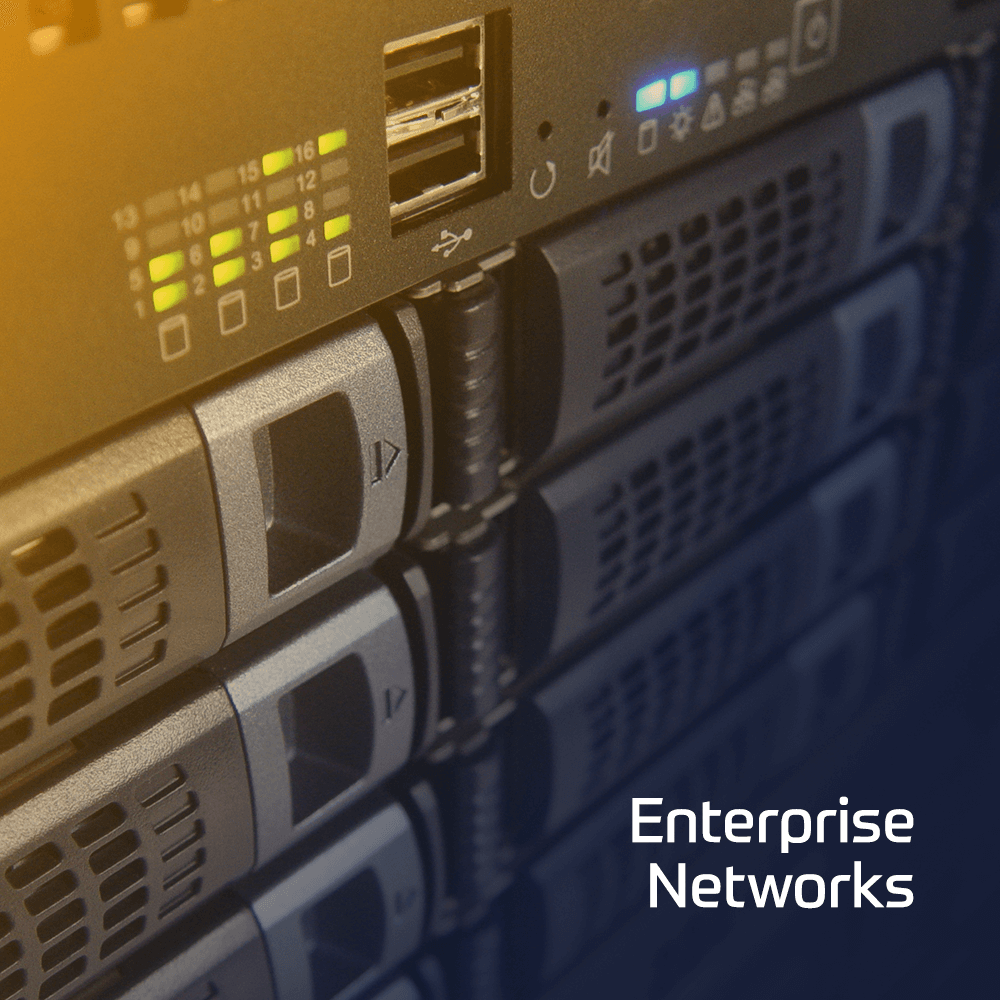This three-day course demonstrates how to automate the Junos OS using DevOps automation tools, protocols, and technologies. This course introduces basic DevOps principles, Junos APIs, and the Network Configuration Protocol (NETCONF). It focuses on using Python, Junos PyEZ, Ansible, and the Junos Representational State Transfer (REST) API to automate Junos platforms.
Extensible Markup Language (XML), JavaScript Object Notation (JSON), and YAML Ain’t Markup Languate (YAML) are introduced as data formats that facilitate Junos automation. Through demonstrations and hands-on labs, students will gain experience automating the Junos operating system. This course uses Junos OS Release 20.2R2.11, Python 3.6.8, Junos PyEZ 2.54, and Ansible 2.9.5.
Associated Certification:
JNCIA-DevOps

 Finland
Finland Germany
Germany Denmark
Denmark Sweden
Sweden Italy
Italy Netherlands
Netherlands Norway
Norway 



























 Duration
Duration  Delivery
Delivery  Price
Price